News
 FAIR4Chem-Awardee 2024 - Interview with Robin Lenz from the Leibniz Institute of Polymer Research Dresden, the 2024 award winner. Continue reading
FAIR4Chem-Awardee 2024 - Interview with Robin Lenz from the Leibniz Institute of Polymer Research Dresden, the 2024 award winner. Continue reading Ivan Vilotijević on Electronic Lab Notebooks - About the advantages of using an electronic lab notebook and experiences of introducing it in a research lab. Continue reading
Ivan Vilotijević on Electronic Lab Notebooks - About the advantages of using an electronic lab notebook and experiences of introducing it in a research lab. Continue reading Integrating digital literacy into teaching - Interview with Prof. Dr. Georg Manolikakes from the RPTU Kaiserslautern, how to teach digital tools in a practical course. Continue reading
Integrating digital literacy into teaching - Interview with Prof. Dr. Georg Manolikakes from the RPTU Kaiserslautern, how to teach digital tools in a practical course. Continue reading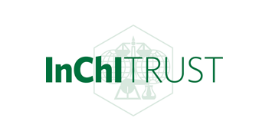 Report on the InChI Trust Meeting - On 26th and 27th March, the InChI Trust came together at the CCDC headquarter in Cambridge. The InChI is the molecular identifier guarded by the IUPAC and needed for chemical… Continue reading
Report on the InChI Trust Meeting - On 26th and 27th March, the InChI Trust came together at the CCDC headquarter in Cambridge. The InChI is the molecular identifier guarded by the IUPAC and needed for chemical… Continue reading Report on the WorldFAIR workshop - On 25th and 26th March, international stakeholders in the field of digital standards in chemistry assembled at the CCDC headquarter in Cambridge. This workshop was organised by the IUPAC, the… Continue reading
Report on the WorldFAIR workshop - On 25th and 26th March, international stakeholders in the field of digital standards in chemistry assembled at the CCDC headquarter in Cambridge. This workshop was organised by the IUPAC, the… Continue reading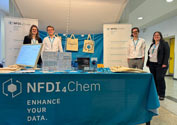 Chemiedozententagung in Aachen under the sign of the digital transformation of chemistry (CDT24) - Mid of March, more than 280 chemists gathered for three days in Aachen for the famous Chemiedozententagung. Besides almost 90 excellent talks by young professionals from all branches of chemistry,… Continue reading
Chemiedozententagung in Aachen under the sign of the digital transformation of chemistry (CDT24) - Mid of March, more than 280 chemists gathered for three days in Aachen for the famous Chemiedozententagung. Besides almost 90 excellent talks by young professionals from all branches of chemistry,… Continue reading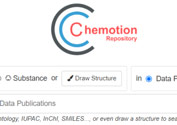 Highlights from Chemotion Repository 2.0.0 - Another new release of Chemotion Repository is out! Take a look at some of our highlights. Continue reading
Highlights from Chemotion Repository 2.0.0 - Another new release of Chemotion Repository is out! Take a look at some of our highlights. Continue reading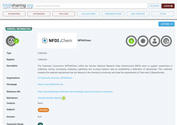 Collection of repositories for chemists - The recent integration of a curated collection of these identified repositories into FAIRsharing is an important milestone. Continue reading
Collection of repositories for chemists - The recent integration of a curated collection of these identified repositories into FAIRsharing is an important milestone. Continue reading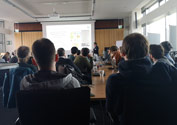 Lively exchange at the community workshop - The workshop marked the start of planning the second application to take the NFDI4Chem consortium into the second funding phase from 2025. Continue reading
Lively exchange at the community workshop - The workshop marked the start of planning the second application to take the NFDI4Chem consortium into the second funding phase from 2025. Continue reading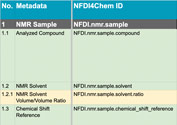 A New NMR MI Standard – Feedback Welcome - We propose a new draft set of recommendations covering Liquid-State NMR Experiments. Continue reading
A New NMR MI Standard – Feedback Welcome - We propose a new draft set of recommendations covering Liquid-State NMR Experiments. Continue reading